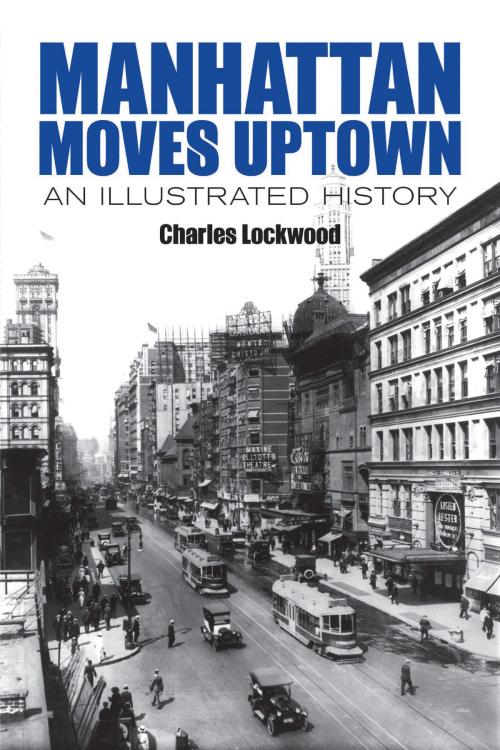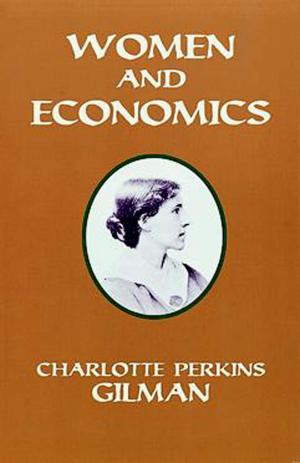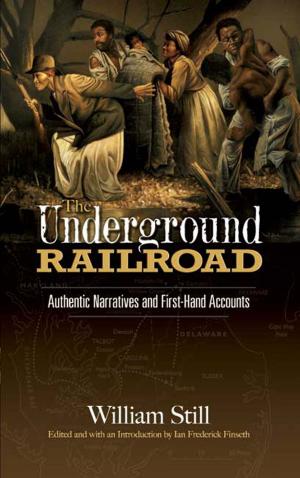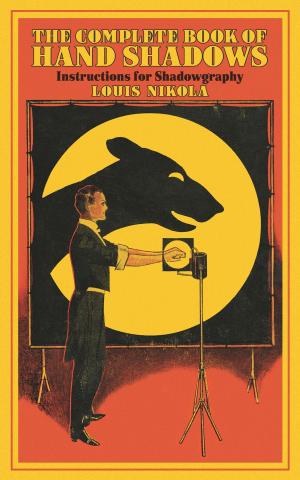| Author: | Charles Lockwood | ISBN: | 9780486798905 |
| Publisher: | Dover Publications | Publication: | September 15, 2014 |
| Imprint: | Dover Publications | Language: | English |
| Author: | Charles Lockwood |
| ISBN: | 9780486798905 |
| Publisher: | Dover Publications |
| Publication: | September 15, 2014 |
| Imprint: | Dover Publications |
| Language: | English |
This fascinating chronicle traces New York City's growth from Wall Street at the end of the Revolutionary War to Harlem at the turn of the twentieth century. Documenting the frantic construction and speculative frenzy that swept through Manhattan in the nineteenth century, it explores the development of the city's landmark neighborhoods as the rural landscape of Upper Manhattan gave way street by street to today's fashionable residential and commercial districts.
Compiled from newspaper archives and richly illustrated with historic images, Manhattan Moves Uptown reveals bygone days when Greenwich Village was a real village and Midtown was a cluster of shacks surrounded by garbage dumps and slaughter houses. The rise of Union Square, Murray Hill, Broadway, the Upper West Side, and other well-known areas are recounted, along with trends ranging from the first luxury department store to the earliest tenement houses. A captivating account of metropolitan flux and expansion, this book offers memorable historic views of one of the nation's richest, most powerful, and most exciting cities.
This fascinating chronicle traces New York City's growth from Wall Street at the end of the Revolutionary War to Harlem at the turn of the twentieth century. Documenting the frantic construction and speculative frenzy that swept through Manhattan in the nineteenth century, it explores the development of the city's landmark neighborhoods as the rural landscape of Upper Manhattan gave way street by street to today's fashionable residential and commercial districts.
Compiled from newspaper archives and richly illustrated with historic images, Manhattan Moves Uptown reveals bygone days when Greenwich Village was a real village and Midtown was a cluster of shacks surrounded by garbage dumps and slaughter houses. The rise of Union Square, Murray Hill, Broadway, the Upper West Side, and other well-known areas are recounted, along with trends ranging from the first luxury department store to the earliest tenement houses. A captivating account of metropolitan flux and expansion, this book offers memorable historic views of one of the nation's richest, most powerful, and most exciting cities.















